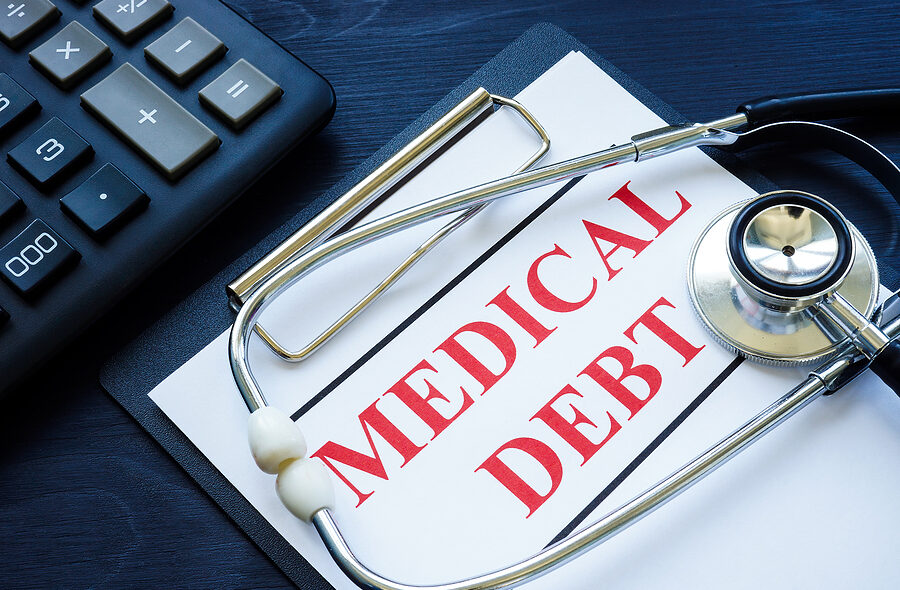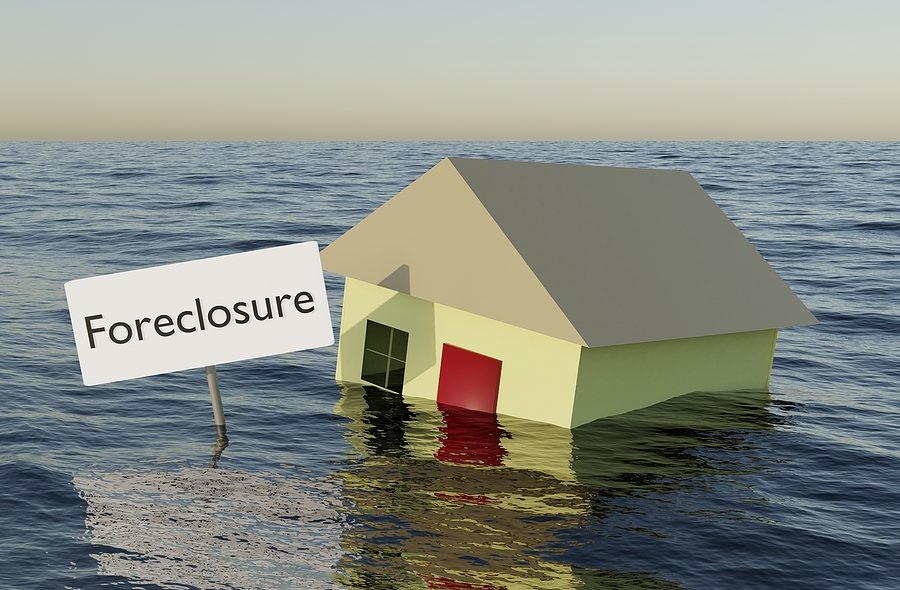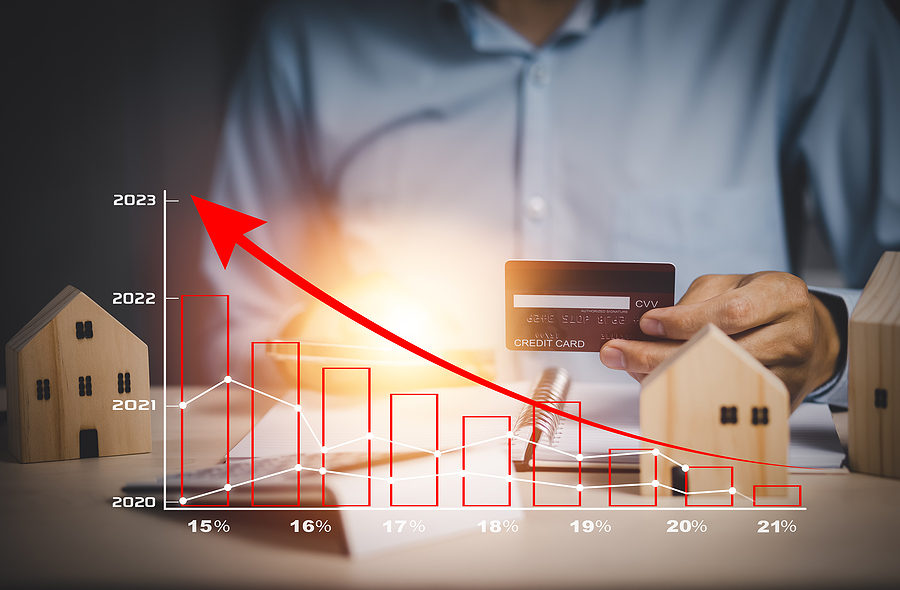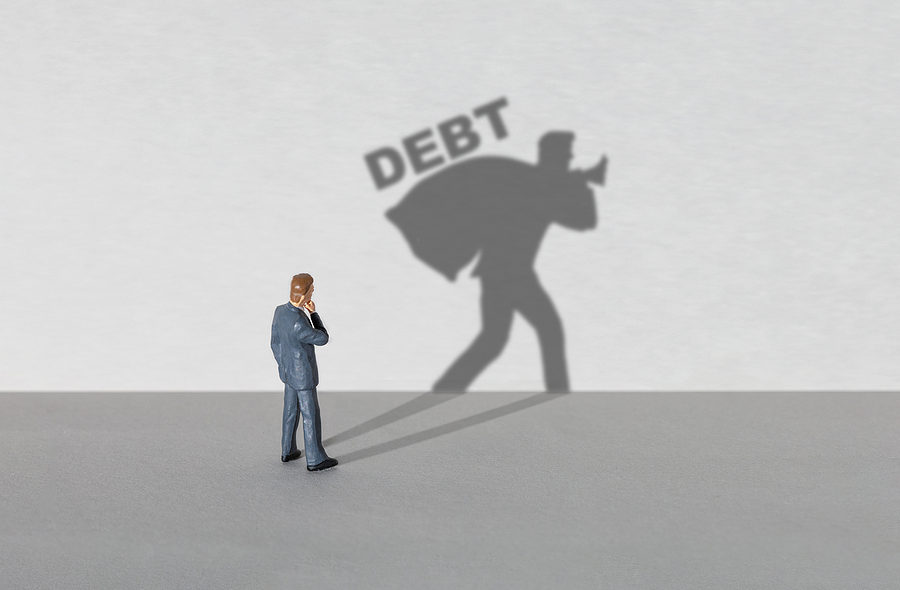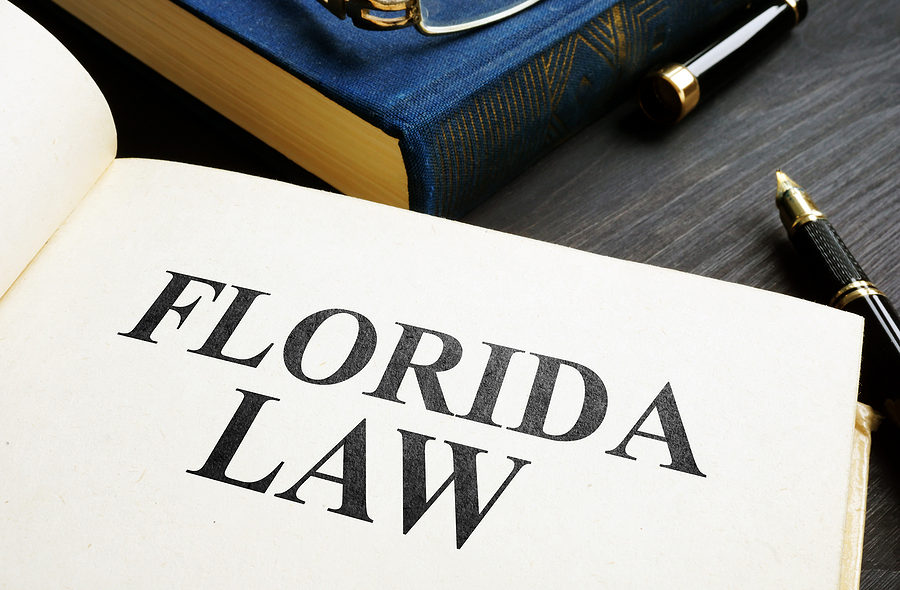Relief may be on the way for consumers struggling with medical debt. As of July 1, 2022, the three largest credit bureaus, TransUnion, Equifax, and Experian, are removing cleared medical debts from consumers’ credit reports.
What this means is if the consumer has paid his or her medical bill in full, and that debt is still plaguing his or her credit report, this negative mark will now be removed. This announcement comes as part of a larger endeavor by the Biden administration to either decrease or eliminate medical debt as part of government lending determinations.

